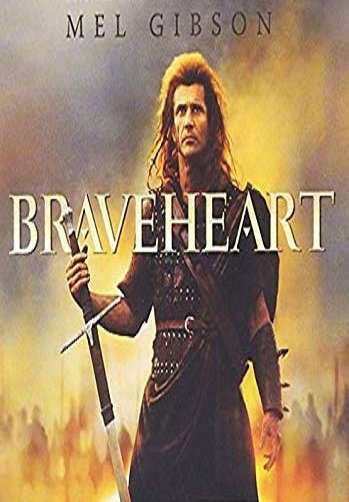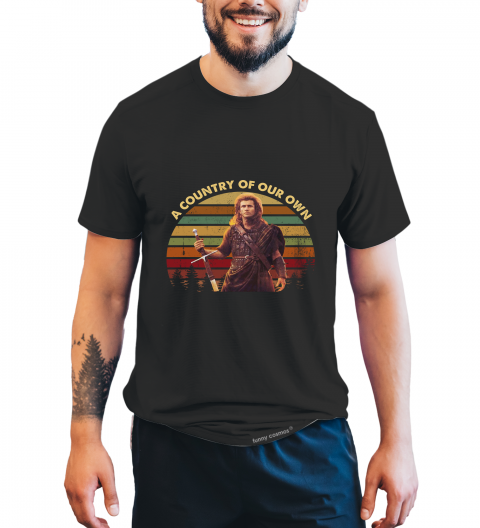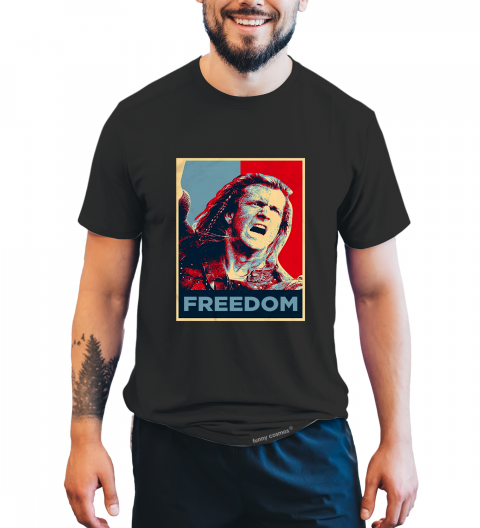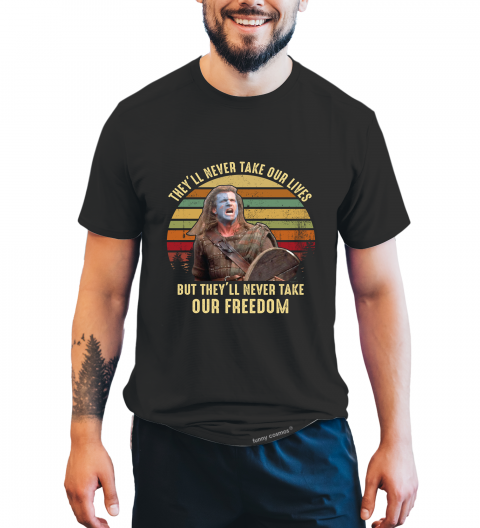Mel Gibson’s “Braveheart” is a full-throated, red-blooded fight epic about William Wallace, the unbelievable Scots fighter who drove his country into the fight against the English in the years around 1300. It’s an aggressive film, enthusiastic about straightforward feelings like love, enthusiasm, and bad form, and keeps away from the travelog style of such countless chronicled swashbucklers: Its areas look green, wet, immense, sloppy, and tough.
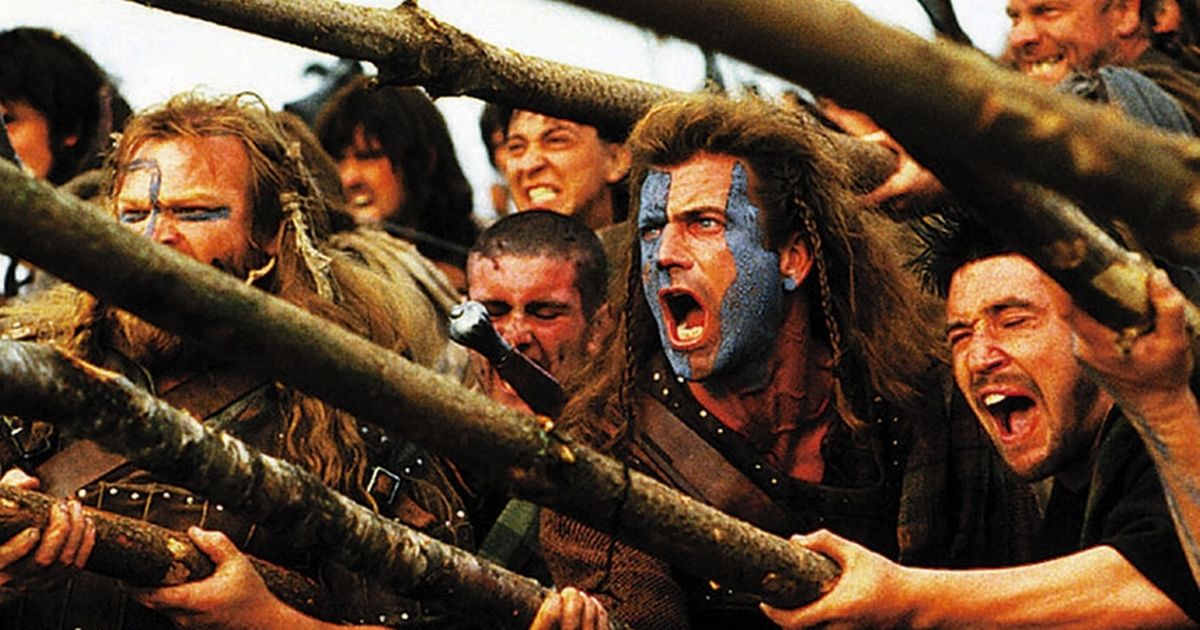
Not much is been aware of Wallace, known as Braveheart, then again, actually, as per an old awe-inspiring sonnet, he bound together with the groups of Scotland and won renowned fights against the English prior to being caught, tormented, and executed as a double-crosser.
Wallace’s withering cry, as his body was extended on the rack, was “opportunity!” That isn’t by and large in light of truth (the idea of individual flexibility was an idea not much celebrated in 1300), however, it doesn’t prevent Gibson from making it his perishing cry. It finds a place with the entire superb compass of “Braveheart,” which is an activity epic with the soul of the Hollywood swordplay works of art and the gritty savagery of “The Road Warrior.” What individuals will recollect from the film are the fight scenes, which are continuous, horrendous, and rough. Just according to a specialized perspective, “Braveheart” makes a splendid showing of massing men and ponies for enormous scope fighting on film. Gibson conveys what resembles the large number of men riding a horse, as well as troopers, bowmen, and messy stunts trained professionals, but his fight arrangements don’t transform into befuddling swarm scenes: We get the system, and we partake in the strategies even while we’re questioning some of them (did fourteenth century Scots truly set combat zones afire?).
Gibson isn’t recording history here, yet a legend. William Wallace might have been a genuine individual, yet “Braveheart” owes more to Prince Valiant, Rob Roy, and Mad Max. When we comprehend that this is anything but a serious recorded reproduction (and that happens pretty quick), we acknowledge discourse that could somehow or another have an uncannily current tone, as when Braveheart issues his triumph final proposal to the English: “Scotland’s terms are that your officer introduces himself before our military, put his head between his legs and kiss his.
In the film, Wallace’s central adversary is King Edward I (“Longshanks”), played by Patrick McGoohan with wily clever; he is continually giving his realpolitik translation of occasions, and that is even more entertaining since he’s typically speculating incorrectly.
Edward’s child, the Prince of Wales (Peter Hanly), is an exhausted dude who weds a French lady just for political reasons. “I might need to consider the kid myself!” Longshanks says, and to be sure, under the archaic idea of prima note, or “first evening,” aristocrats were permitted the first opportunity to lay down with the spouses of their lessers.
Interested in this film, you can see more related other products Braveheart Movie here !

